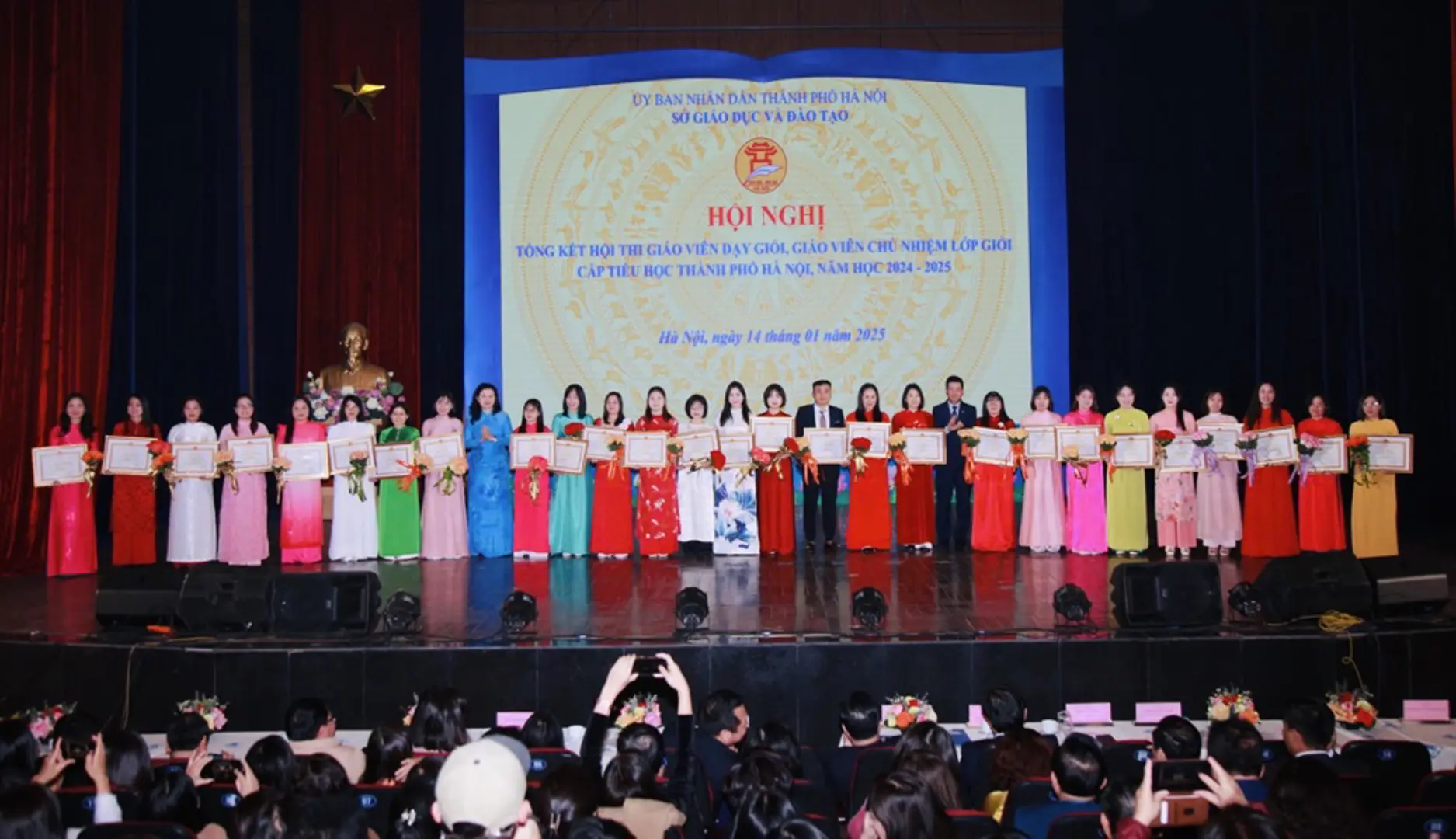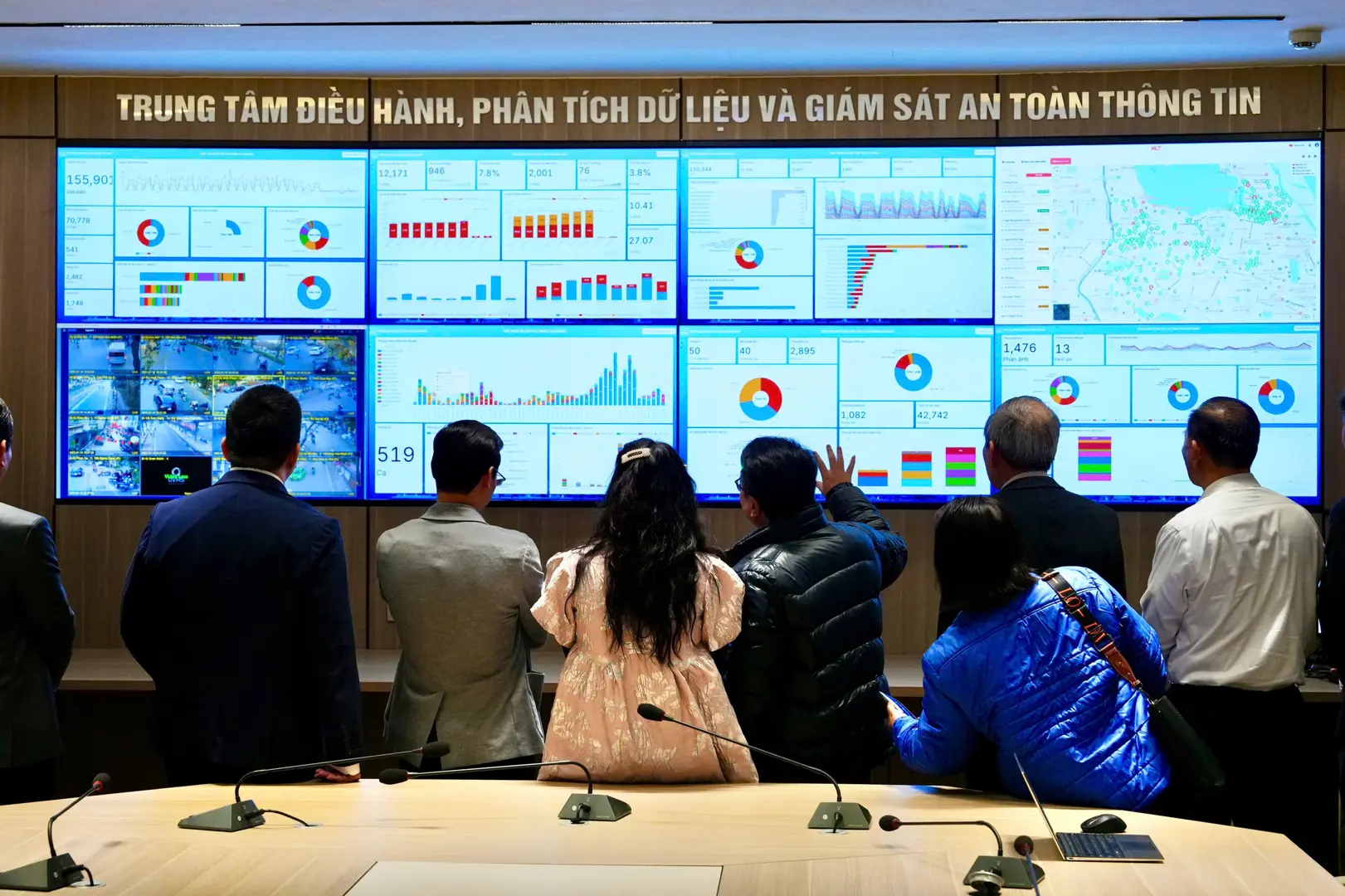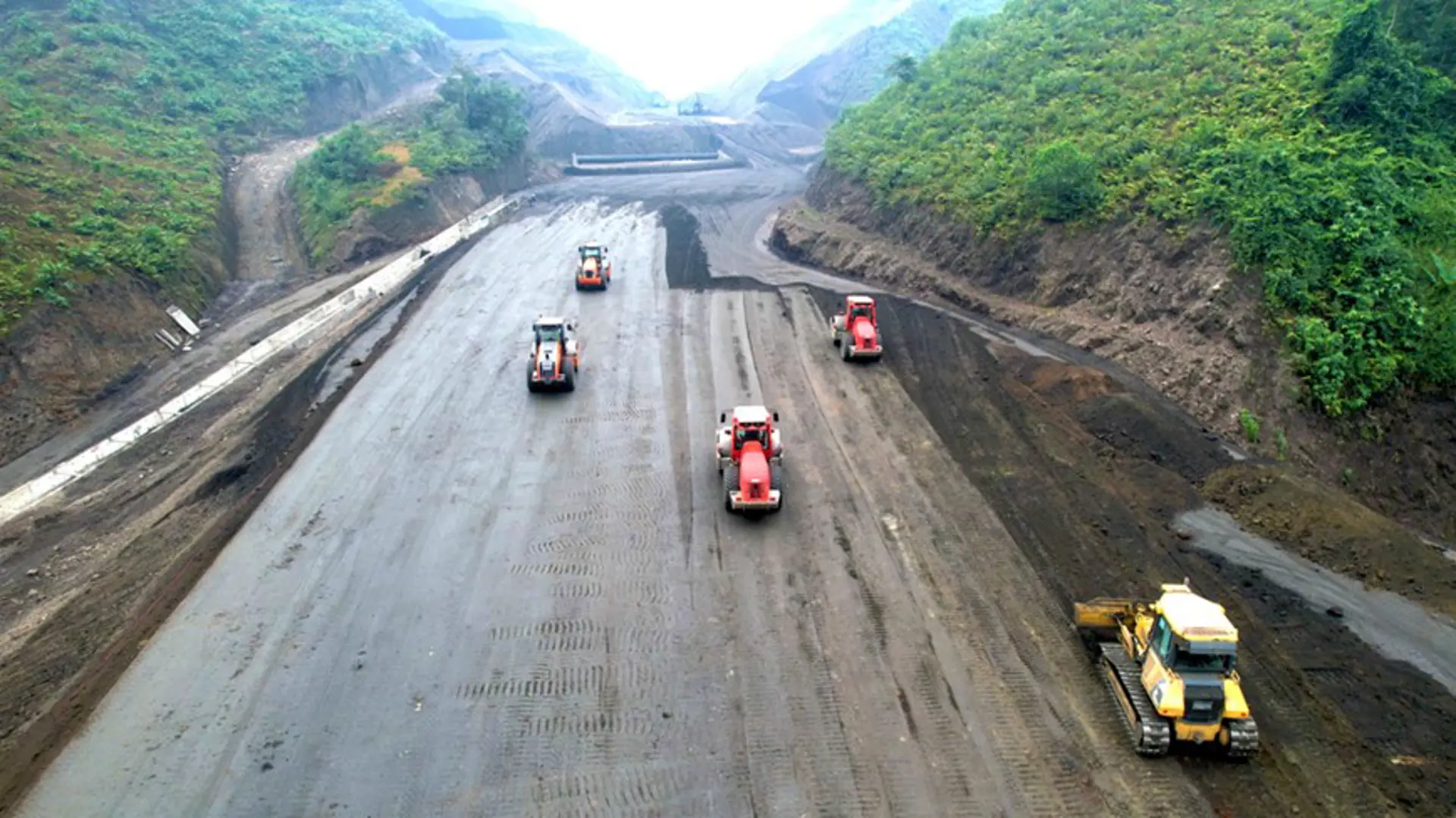Friday, 10:34 29/03/2019
Vietnam demands Monsanto compensate Agent Orange victims
The World Health Organization`s International Agency for Research on Cancer classified Monsanto`s herbicide as a "probable human carcinogen” in 2015.
Vietnam has re-demanded Monsanto, a global agrochemical and agricultural biotechnology corporation, fix consequences caused by Agent Orange/dioxin that it supplied to the US army in the Vietnam War.
The giant company needs to be responsible for settling consequences caused to the people and environment in Vietnam, VnExpress quoted Spokeswoman of the Vietnamese Foreign Affairs Ministry Le Thi Thu Hang as saying on March 28.
A federal court civil jury San Francisco once again showed that Monsanto’s herbicide is probably carcinogenic to human.
Over the past year, Monsanto was ordered to compensate American victims twice. The first case was concluded in August 2018 with an order to reimburse a man named Dewayne Johnson US$78 million. The second took place on March 27 when a jury asked Monsato to pay US$80 million to Edwin Hardeman.
Agribusiness giant Monsanto, which is owned by Bayer, developed glyphosate in the 1970s, and the weed killer Roundup is now sold in more than 160 countries and widely used in the US.
The herbicide came under increasing scrutiny after the France-based International Agency for Research on Cancer, which is part of the World Health Organization, classified it as a “probable human carcinogen” in 2015.
During the Vietnam War, Monsanto was one of primary companies that supplied Agent Orange to the US military, which sprayed 44 million liters (approximately 11.5 million gallons) of the dioxin-containing herbicide on the jungles of South Vietnam.
As a result, at least three million Vietnamese people have suffered from cancer, neurological damage, birth deformities and reproductive problems that have been passed down three or four generations, according to Vietnam News Agency.
In 2004, Vietnamese victims lodged a lawsuit against 37 American companies, including Monsanto and Dow Chemical. The case was rejected due to lack of evidences.
Clues
The verdict, delivered in United States District Court in San Francisco, is a milestone in the continuing public debate over the health effects of Roundup and its active ingredient, glyphosate, the world’s most widely used weed killer.
Last week, the jury issued an initial verdict saying that the weed killer was a “substantial factor” in causing Hardeman’s cancer.
Jennifer Moore, one of Hardeman’s lawyers, said that Monsanto had continually ignored scientific studies showing the harmful health effects of Roundup.
In addition, Monsanto was blamed for failing to warn users of the cancer risks posed by Roundup.
The New York Times cited Moore as saying that “now two different juries have held that Roundup causes an individual’s non-Hodgkin’s lymphoma," “and that Monsanto should be punished for its conduct.”
The juries’ verdicts over Monsanto’s weed killer Roundup offer new hope for justice for millions of plaintiffs an ocean away, according to Ecowatch.
Monsanto, which has never acknowledged its role in the devastation, argues that Agent Orange “was only produced for, and used by, the government,” noting that it was just one of nine wartime government contractors who manufactured the same toxin from 1965 to 1969, according to Newpunch.

US veterans call for justice for Monsanto-produced AO victims. Illustrative photo
|
A federal court civil jury San Francisco once again showed that Monsanto’s herbicide is probably carcinogenic to human.
Over the past year, Monsanto was ordered to compensate American victims twice. The first case was concluded in August 2018 with an order to reimburse a man named Dewayne Johnson US$78 million. The second took place on March 27 when a jury asked Monsato to pay US$80 million to Edwin Hardeman.
Agribusiness giant Monsanto, which is owned by Bayer, developed glyphosate in the 1970s, and the weed killer Roundup is now sold in more than 160 countries and widely used in the US.
The herbicide came under increasing scrutiny after the France-based International Agency for Research on Cancer, which is part of the World Health Organization, classified it as a “probable human carcinogen” in 2015.
During the Vietnam War, Monsanto was one of primary companies that supplied Agent Orange to the US military, which sprayed 44 million liters (approximately 11.5 million gallons) of the dioxin-containing herbicide on the jungles of South Vietnam.
As a result, at least three million Vietnamese people have suffered from cancer, neurological damage, birth deformities and reproductive problems that have been passed down three or four generations, according to Vietnam News Agency.
In 2004, Vietnamese victims lodged a lawsuit against 37 American companies, including Monsanto and Dow Chemical. The case was rejected due to lack of evidences.
Clues
The verdict, delivered in United States District Court in San Francisco, is a milestone in the continuing public debate over the health effects of Roundup and its active ingredient, glyphosate, the world’s most widely used weed killer.
Last week, the jury issued an initial verdict saying that the weed killer was a “substantial factor” in causing Hardeman’s cancer.
Jennifer Moore, one of Hardeman’s lawyers, said that Monsanto had continually ignored scientific studies showing the harmful health effects of Roundup.
In addition, Monsanto was blamed for failing to warn users of the cancer risks posed by Roundup.
The New York Times cited Moore as saying that “now two different juries have held that Roundup causes an individual’s non-Hodgkin’s lymphoma," “and that Monsanto should be punished for its conduct.”
The juries’ verdicts over Monsanto’s weed killer Roundup offer new hope for justice for millions of plaintiffs an ocean away, according to Ecowatch.
Monsanto, which has never acknowledged its role in the devastation, argues that Agent Orange “was only produced for, and used by, the government,” noting that it was just one of nine wartime government contractors who manufactured the same toxin from 1965 to 1969, according to Newpunch.























